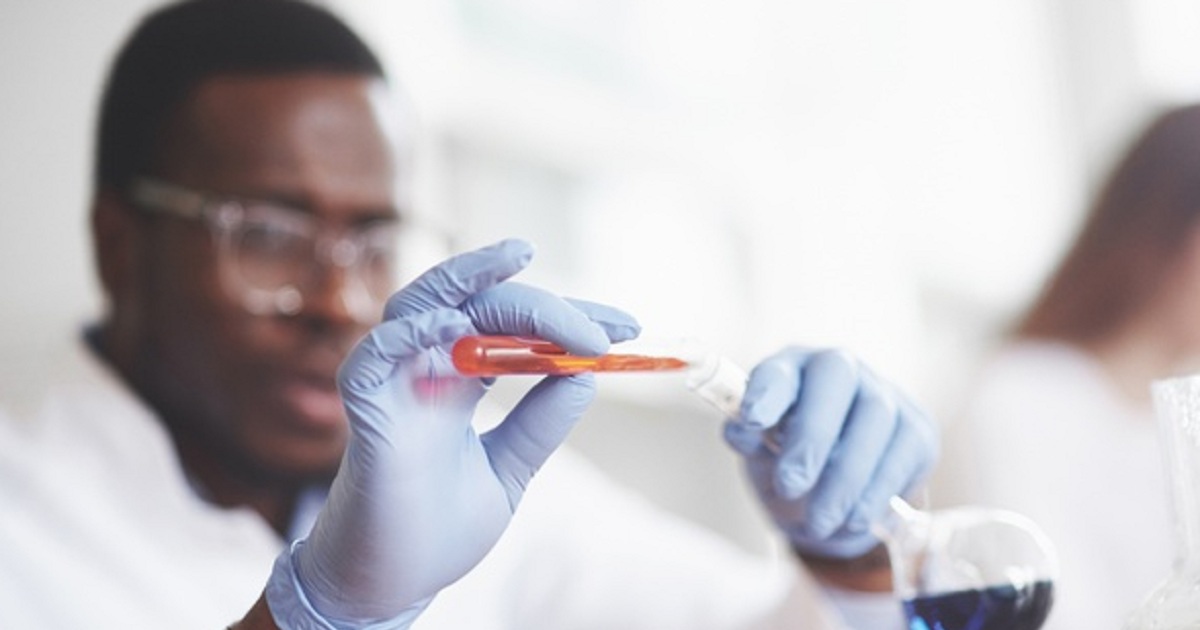Mogrify announces Exploratory Research Collaboration with MRC Laboratory of Molecular Biology
Mogrify | January 11, 2021

Mogrify Limited (Mogrify®), a UK organization expecting to change the advancement of ex vivo cell therapies and pioneer the field of in vivo reconstructing treatments, and the MRC Laboratory of Molecular Biology (LMB), a top notch research lab committed to understanding significant natural cycles at the sub-atomic level, today reported an exploratory examination cooperation. The venture intends to create novel protein articulation frameworks by utilizing late advances in direct cell reconstructing to help improve the creation of proteins which are not delivered adequately well in existing articulation frameworks.
The MOGRIFY® technology will be applied to foresee mixes of record variables to incite trans-separation starting with one cell type then onto the next. The subsequent objective cell types could give analysts improved admittance to significant proteins found in human cell types that are hard to get and take into consideration more efficient protein production.
Mogrify will get admittance to any licensed innovation and skill created during the undertaking, further empowering the commercialization of the innovation in regions of remedial worth. This coordinated effort is a development of the Company's relationship with the MRC LMB and follows the declaration in December 2020 that it had made sure about a restrictive permit from the MRC LMB to an upgraded form of MOGRIFY technology empowering more precise record factor expectations and improved cell transformation viability. In the interest of the MRC, the clinical exploration noble cause LifeArc encouraged the restrictive permit of the new form of Mogrify's center reconstructing stage, and together arranged the legitimate structure to empower a fruitful cooperation between the MRC and Mogrify.